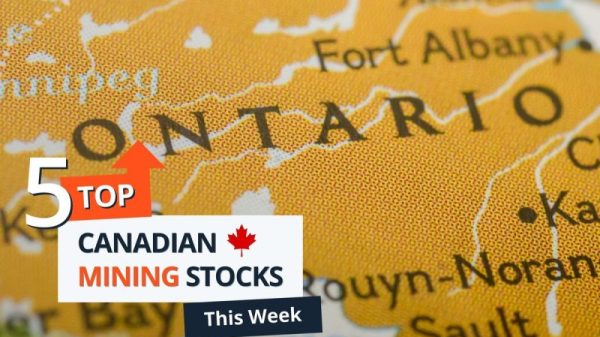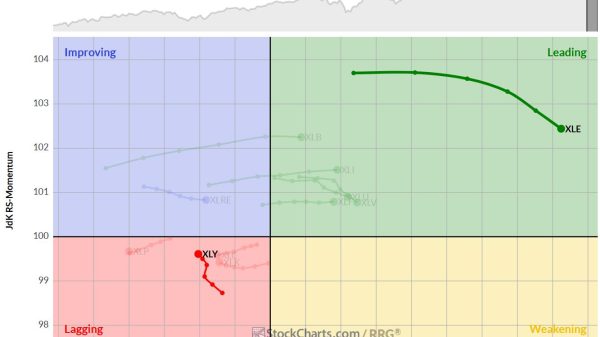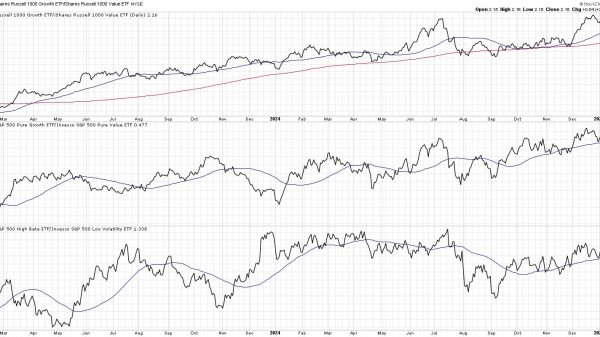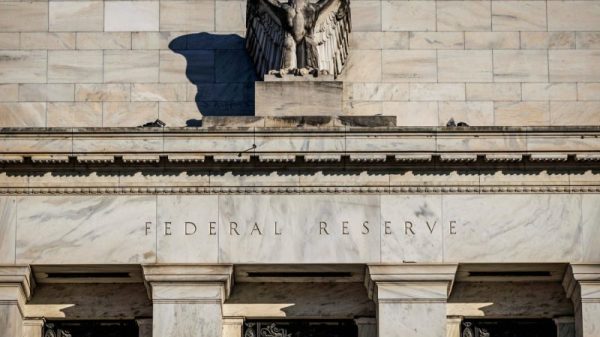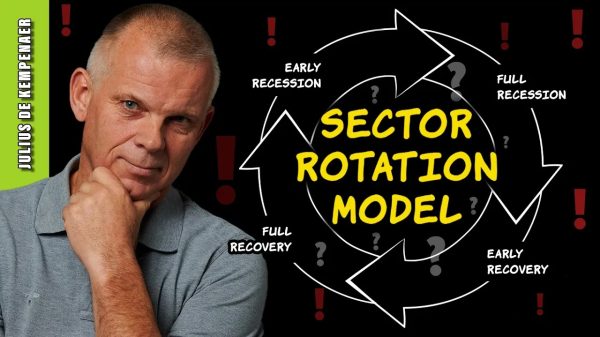My colleague here at AIER, Dr. Gary Galles, wrote a wonderful piece for the Daily Economy last February describing “a group including about 250 million- and billionaires calling themselves Proud to Pay More (P2PM),” who advocates for raising taxes on millionaires and billionaires — specifically wealth taxes. Gary has already done an excellent job describing the history of wealth taxes, the problems with trying to implement them in the first place, and the history of wealthy individuals advocating for higher taxes on themselves and their ilk. Today, the chorus begins anew, with some wealthy people imploring Congress to get its act together and allow them the opportunity to pay more in taxes than they currently do.
But this should seem strange. There is a group of people who claim that they want themselves and others like them to pay more in taxes than they currently do. And we have government officials who routinely complain about not having enough money, even if they cannot agree on why they do not have enough money. Surely, Congressional leaders cannot possibly be so fiscally illiterate as to turn down free money, right?
Fortunately, in the United States at least, everyone, rich and poor alike, has been able to do exactly what P2PM has wanted for the last 181 years.
In 1843, the Treasury established the “Gifts to the United States” account specifically to “accept gifts, such as bequests, from individuals wishing to express their patriotism to the United States.” In doing so, they allowed anyone and everyone the opportunity to give the government more money than they owed in taxes that year, whenever they see fit and importantly, to whatever extent they see fit. What’s more, it’s remarkably simple to do so and you do so with a bank account, PayPal, debit or credit cards, by check, or money order.
How much money has been donated in this fashion? It’s tough to say, really. The Treasury’s website is remarkably difficult to parse and only has limited data on this topic. When it comes to Gifts to the United States, it appears that since 2015 (the earliest data available), it amounts to a mere $37,914,241.45. That figure is, as far as I can tell, the total amount of nominal dollars and not in billions or even millions of dollars, as is customary when dealing with government figures. Even more strangely, this dataset includes negative numbers (which I omitted to arrive at the total listed above), which makes very little sense as one cannot “gift” negative dollars.
In 1961, Congress created the “Gifts to Reduce the Public Debt” account, separate from the Gifts to the United States. Here, the Treasury has data going back to 1996. Again, as far as I can tell, the total amount of nominal dollars contributed to this fund since 1996 is $65,256,616.71.
By contrast, total federal spending for just this current fiscal year is $6.13 trillion, which is over 160,000 times the amount of money given to the Gifts to the United States account in the last decade. Congress has also budgeted for $1.7 trillion of deficit spending for the current fiscal year; over 26,000 times as much money as has been donated to the Gifts to Reduce the Public Debt account over the past 29 years combined. Again, this is just one year of federal spending.
The simple fact of the matter is that if the 98 P2PM signatories from the US and any other million- or billionaire wants to contribute more money to the US government, they have been free to do so for their entire lives. That these two funds have received so little money tells us one of two things: either they did not know about these funds (in which case, I have but one thing to say: you’re welcome) or, more likely, that these people do not actually want to pay more money in taxes; they simply want to present themselves as if they do.
These figures reveal a simple truth: the US’s current fiscal crisis is not the result of million- and billionaires not paying enough in taxes.





